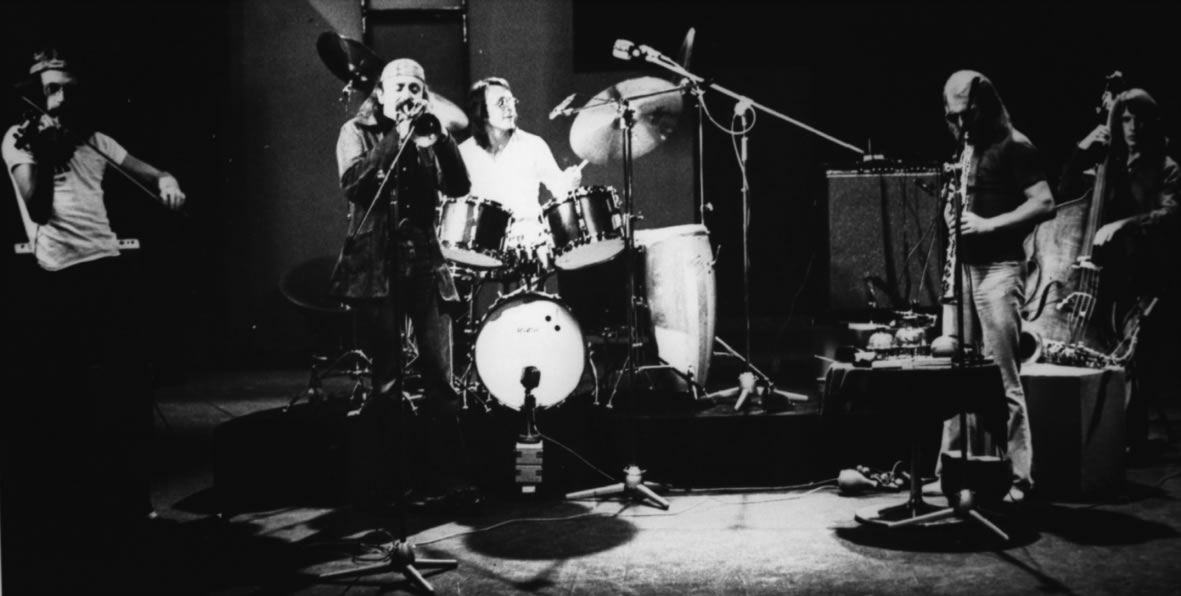Han Bennink - Solo Improvisation at Bishopsgate Institute, London
THE EUROPEAN JAZZ EMANCIPATION
In connection with the development of free jazz there is one important phenomenon which arose inexorably from the stipulations of the new musical ideal, but which only at a later historical stage become conscious: the emancipation of European jazz musicians from their long-inaccessible American exemplars. The jazz researcher Ekkehard Jost cites two reasons for this. Firstly, the new musical ideal was not a style, with no precise sound structure or compositional standard but was rather a conglomeration of individual styles, expressing a latent 'resistance' rather than an open acceptance'. Without a binding standard though there can also be no examples, there is no-one who could or should be copied. The second reason has to do with the socio-historical situation, with America in the role of socio-cultural model, a role which began to disappear more and more after the Second World War and which by the time of the Vietnam war was demonstratively rejected. In many European groups the jazz idiom was temporarily completely dropped and free jazz made way for free music, with people reverting consciously to their own cultural tradition: music theatre, parody, music about music, reflection on and deformation of trivial music and likewise folk music.
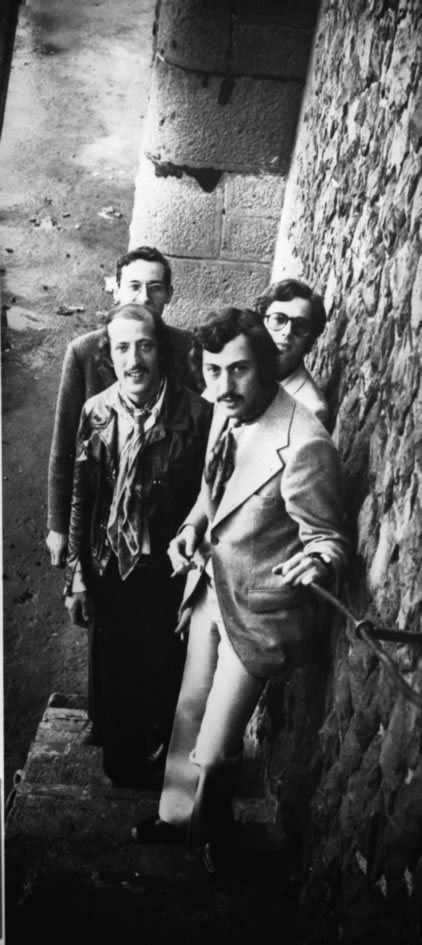

Dave Pike Set (USA/BRD)
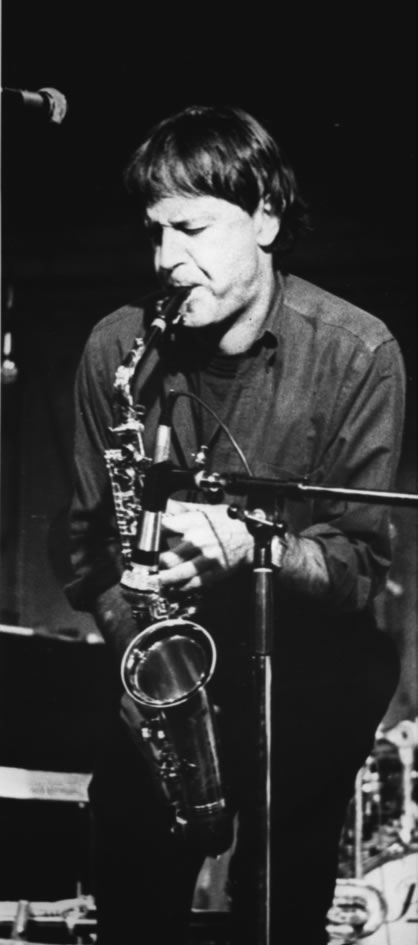

Michel Portal (Fr)
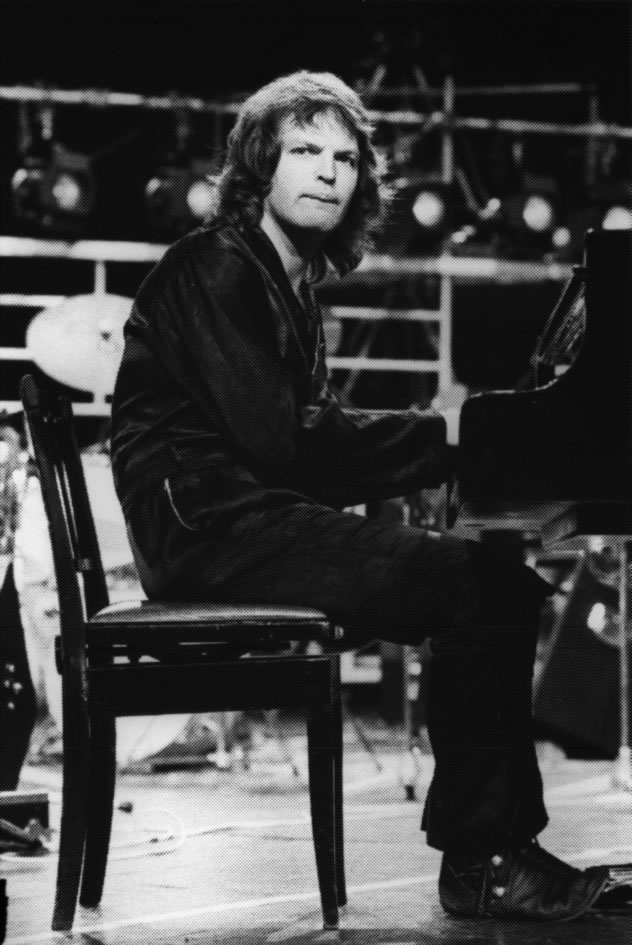

Joachim Kühn (BRD)
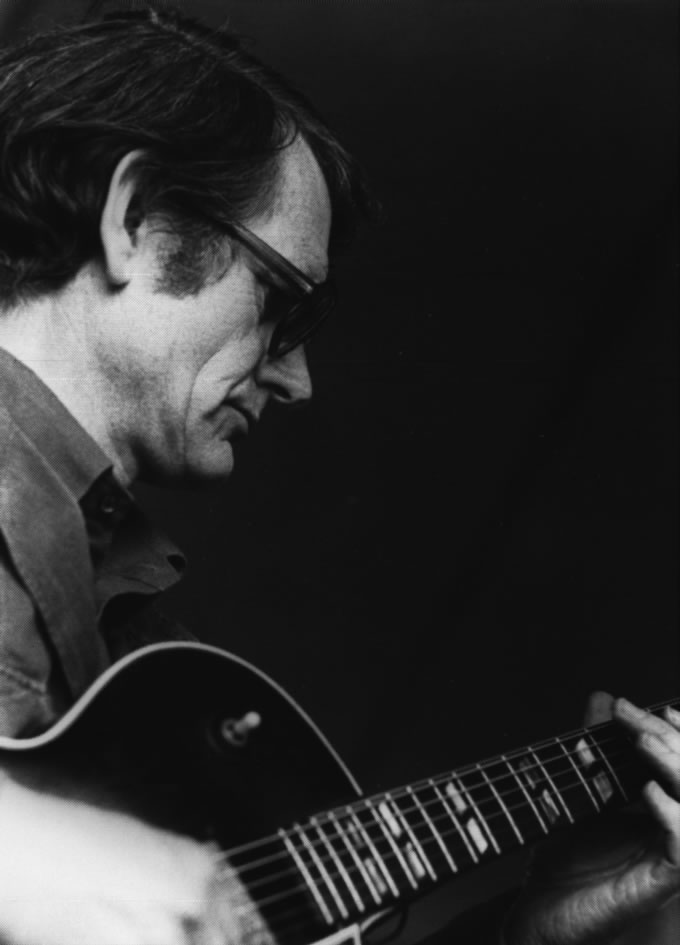

Derek Bailey (GB)
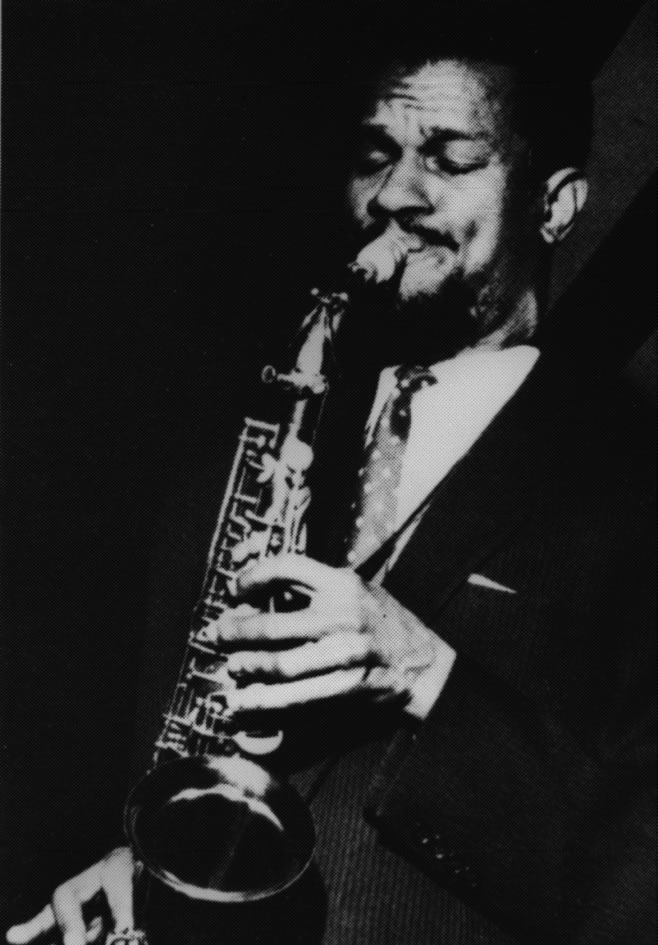

Joe Harriot (GB)


Misha Mengelberg (NL)
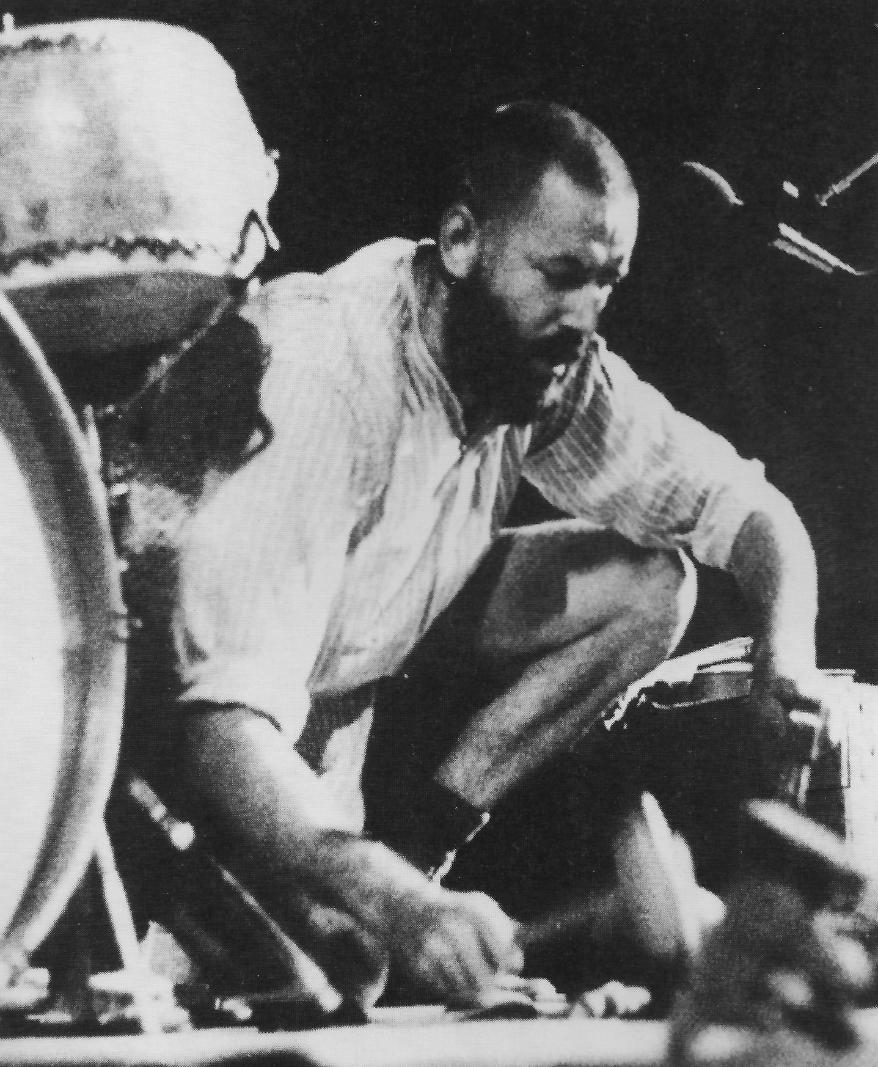

Han Bennink (NL)
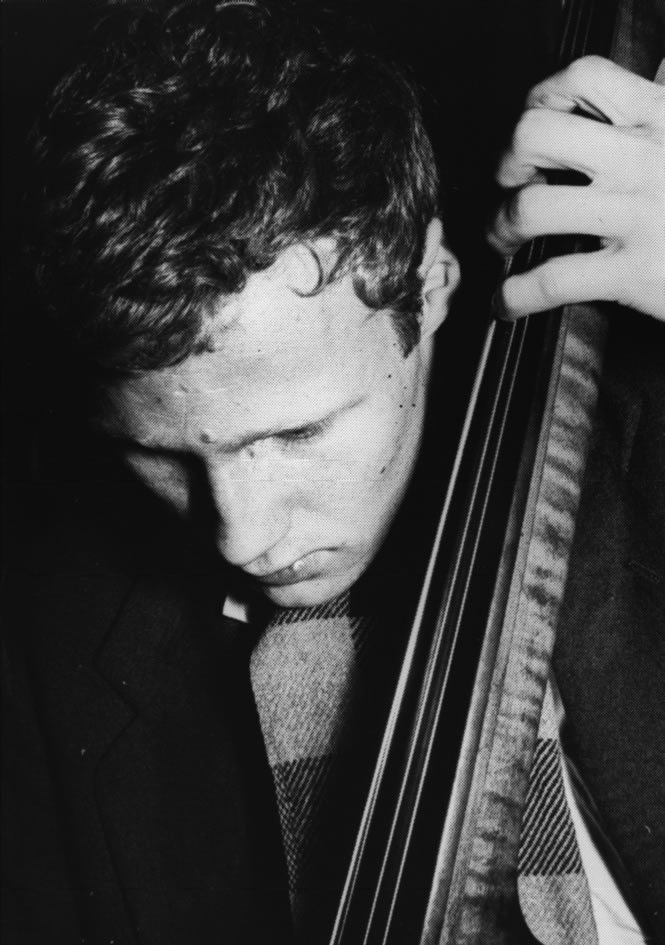

Peter Trunk (BRD)
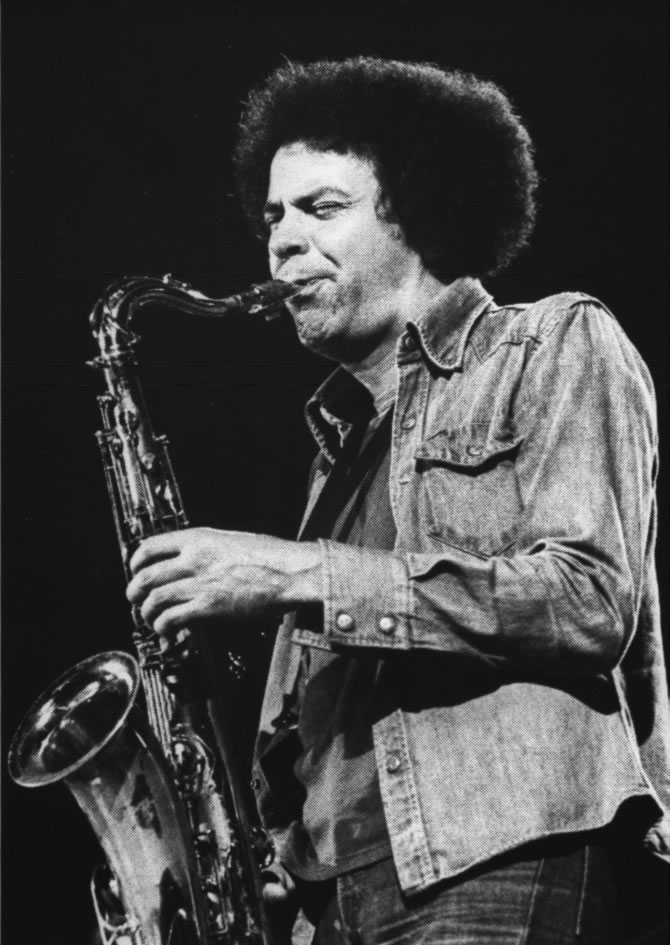

Heinz Sauer (BRD)
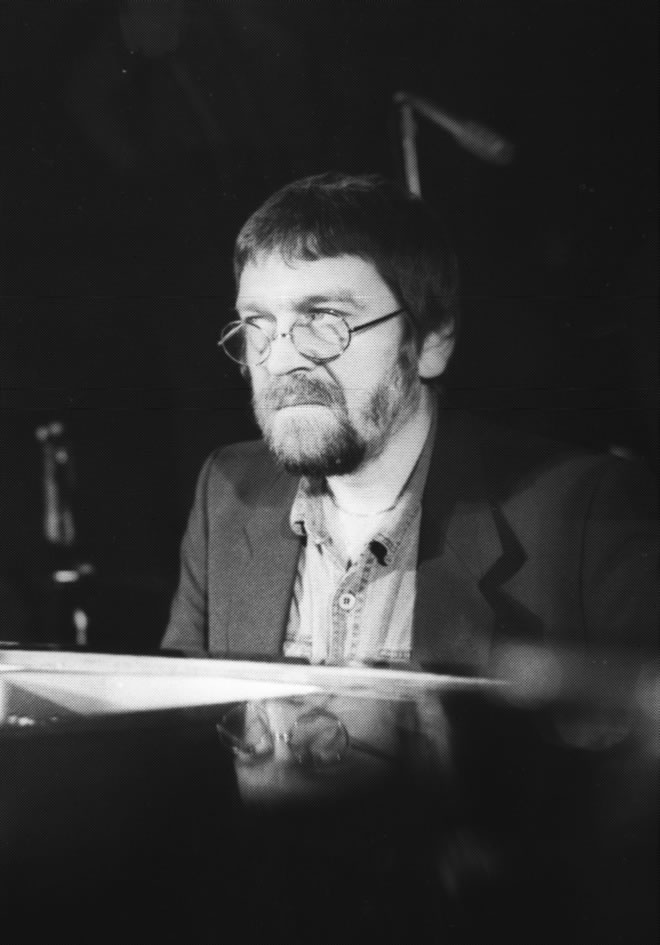

Uli Gumpert (DDR)
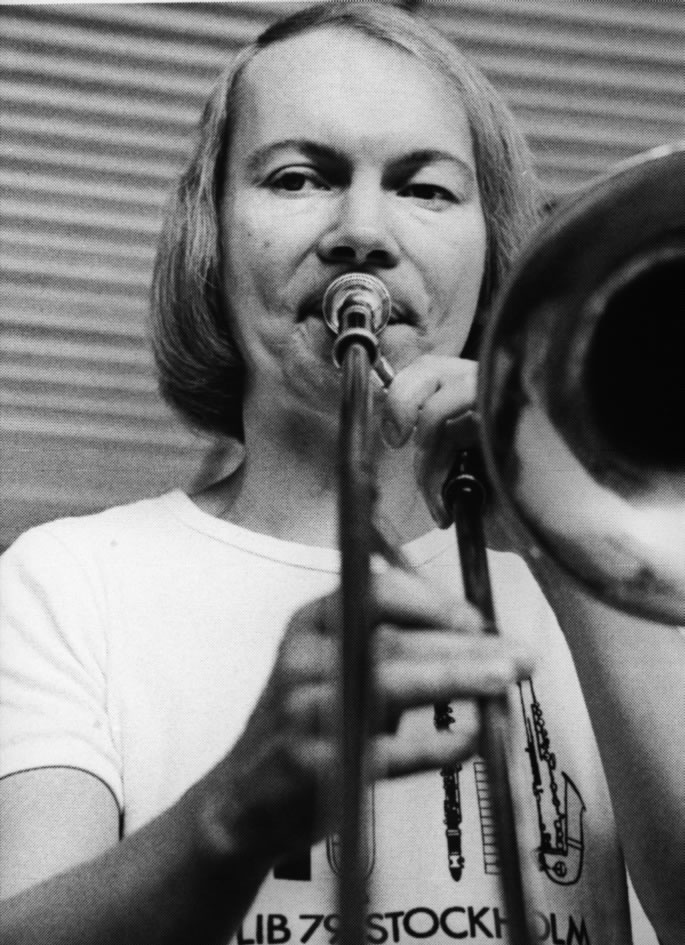

Conny Bauer (DDR)
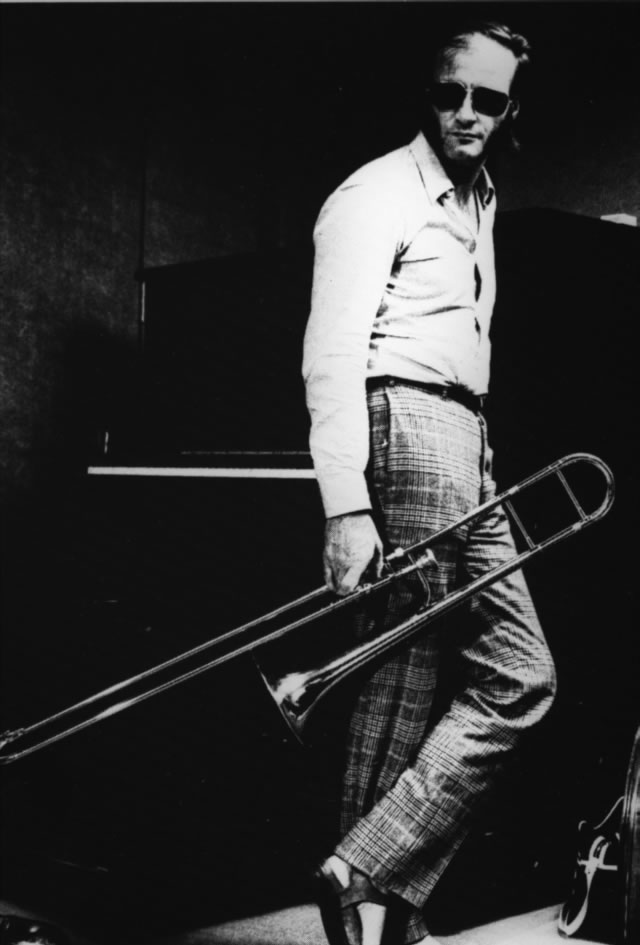

Albert Mangelsdorff (BRD)


Günther 'Baby' Sommer (DDR)
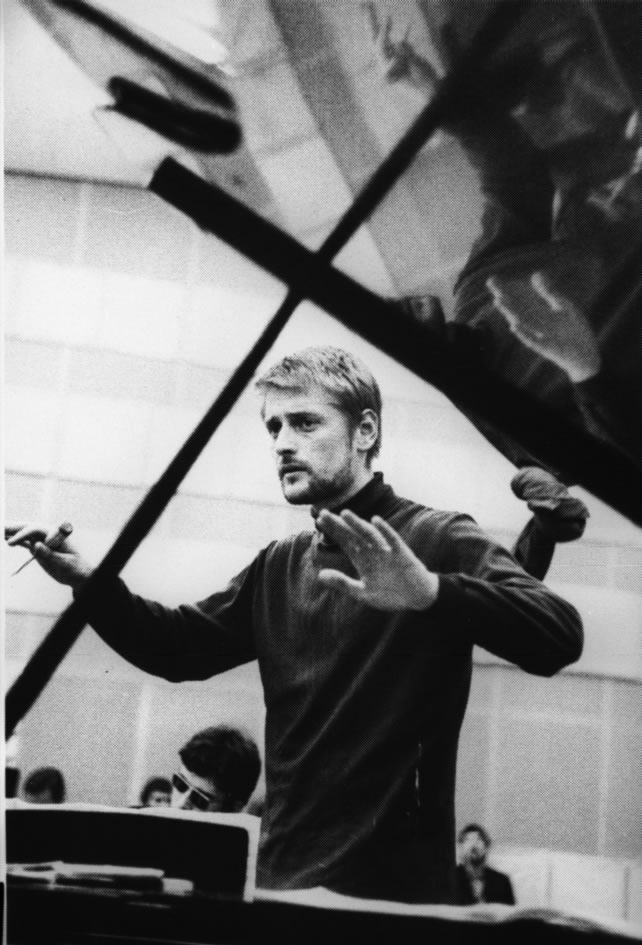

Alexander von Schlippenbach (BRD)
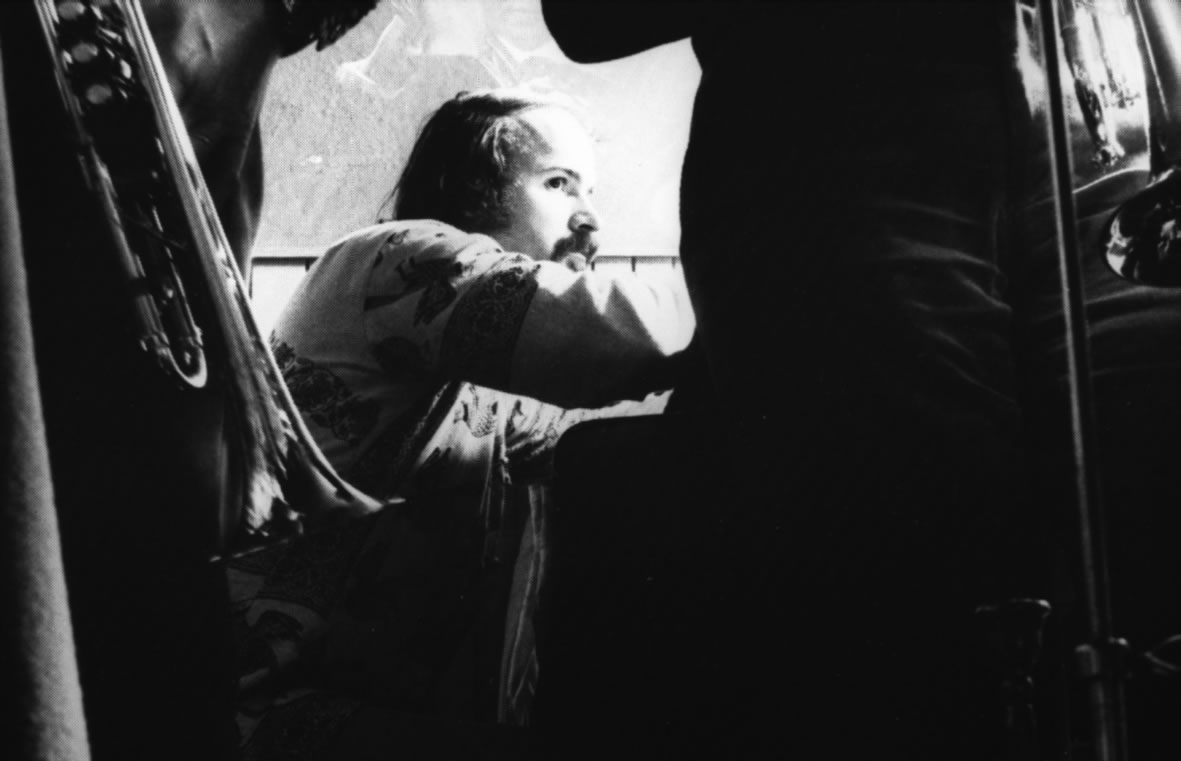

Wolfgang Dauner (BRD)
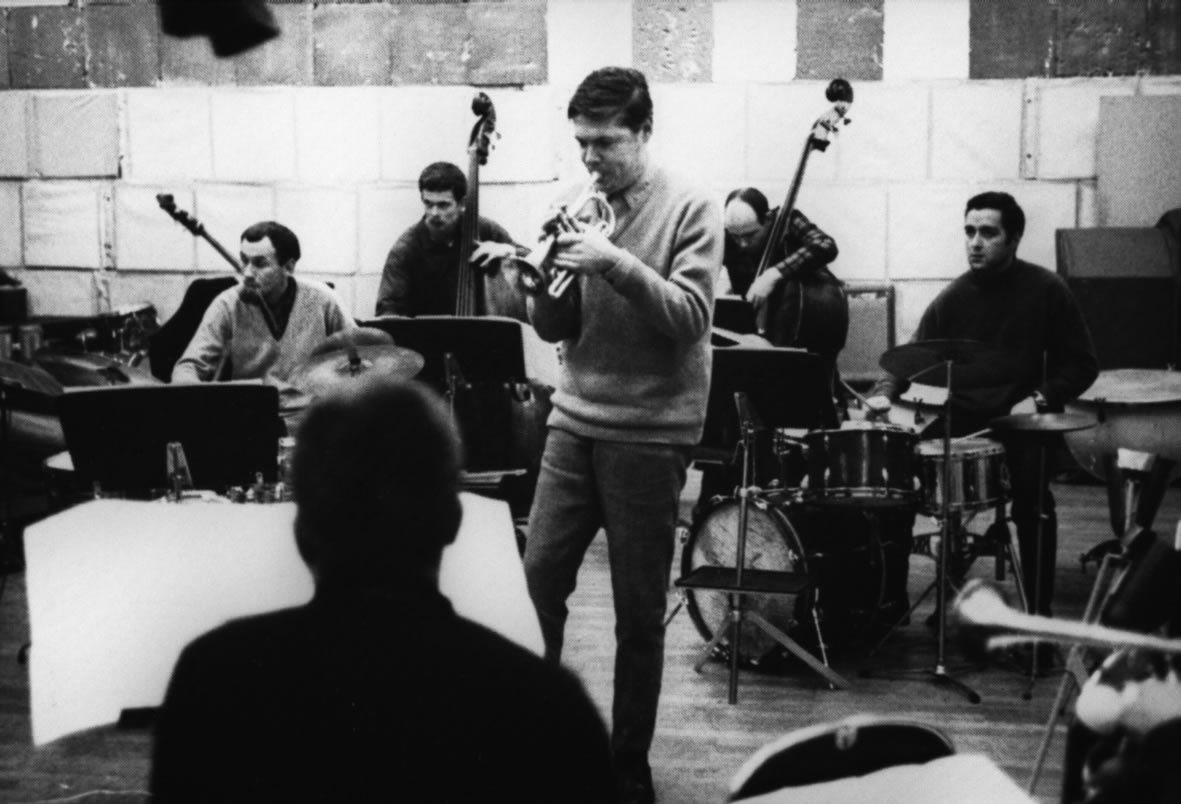

Manfred Schoof (tr) with Mani Neumaier, Peter Kowald, Buschi Niebergall, Jacki Liebezeit (l to r) (BRD)
Manfred Schoof (tr) with Mani Neumaier, Peter Kowald, Buschi Niebergall, Jacki Liebezeit (l to r) (BRD)
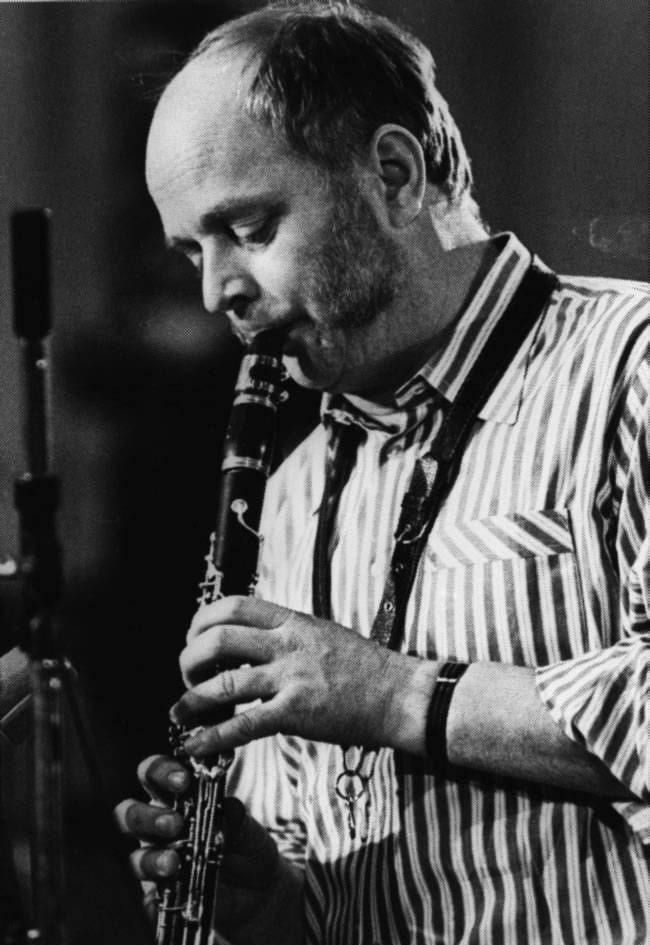

Ernst-Ludwig Petrowsky
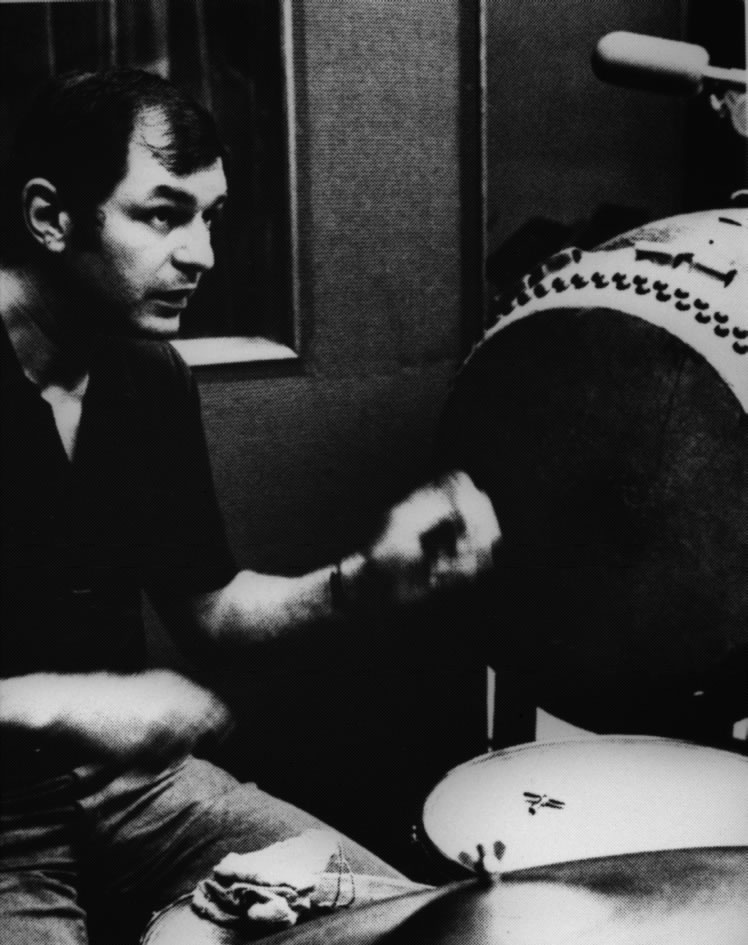

Daniel Humair (FR)


Philip Catherine (B)
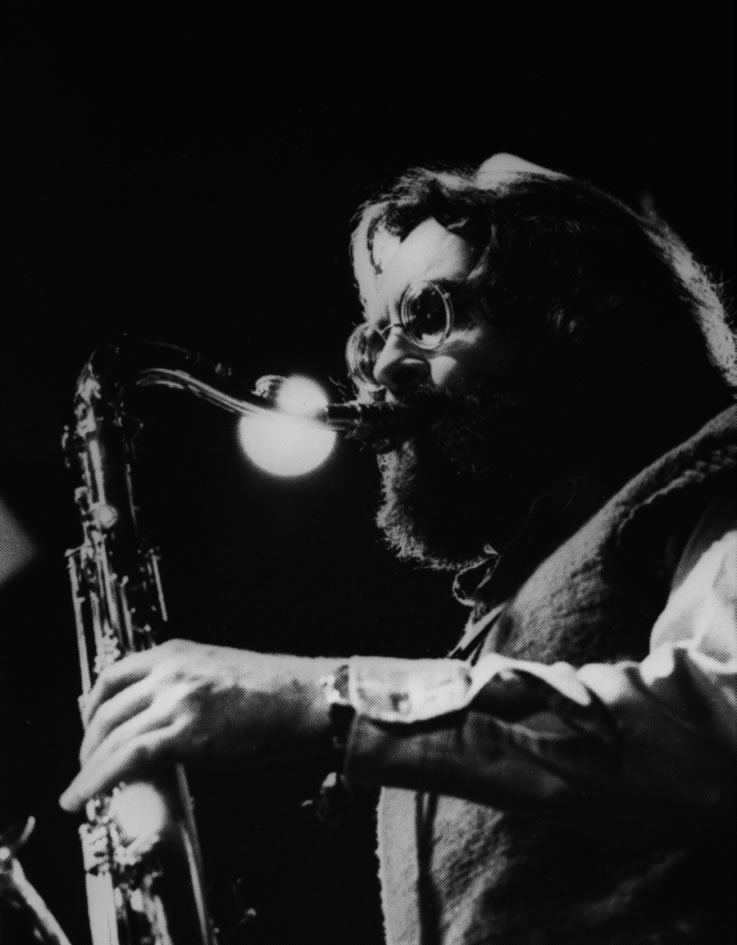

Francois Jeanneau (FR)
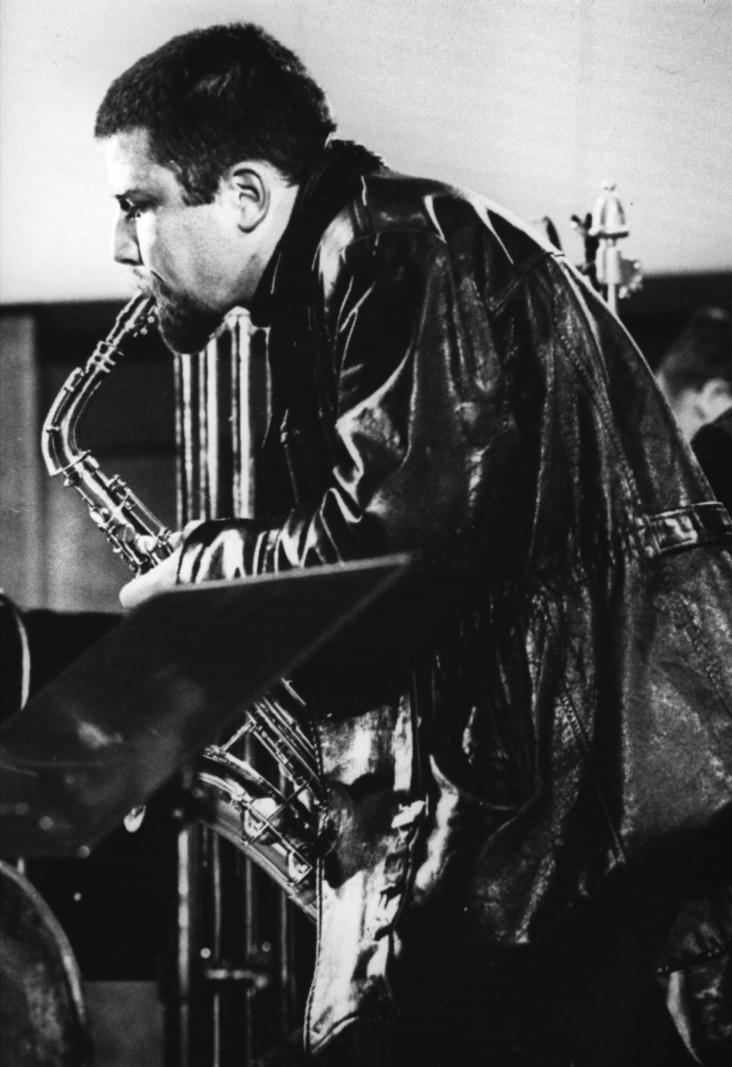

Peter Brötzmann (BRD)
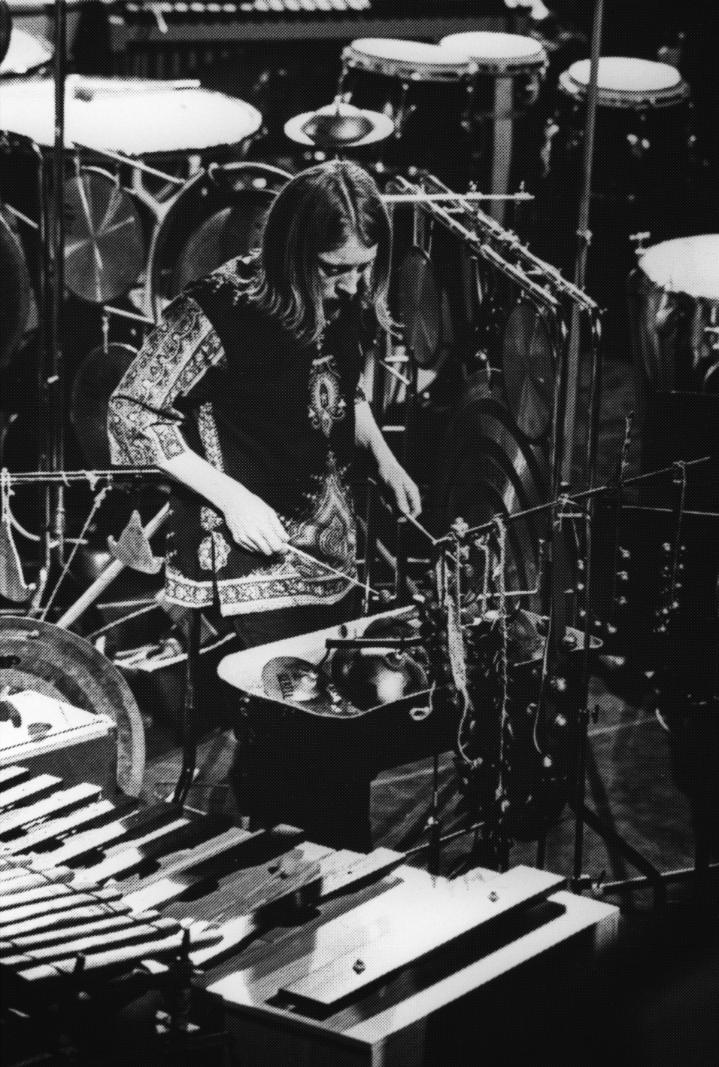

Peter Giger (CH)
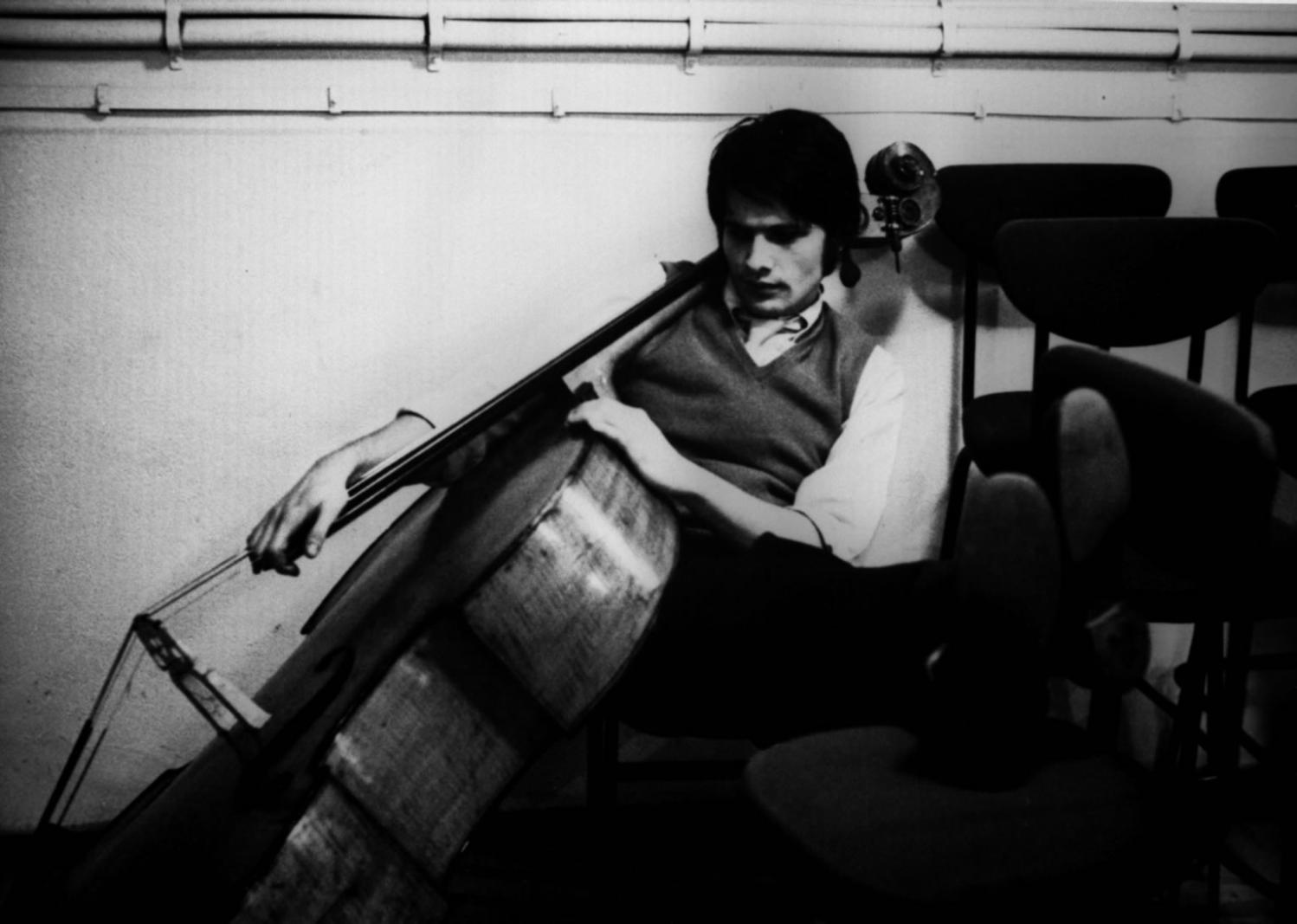

Beb Guérin (FR)
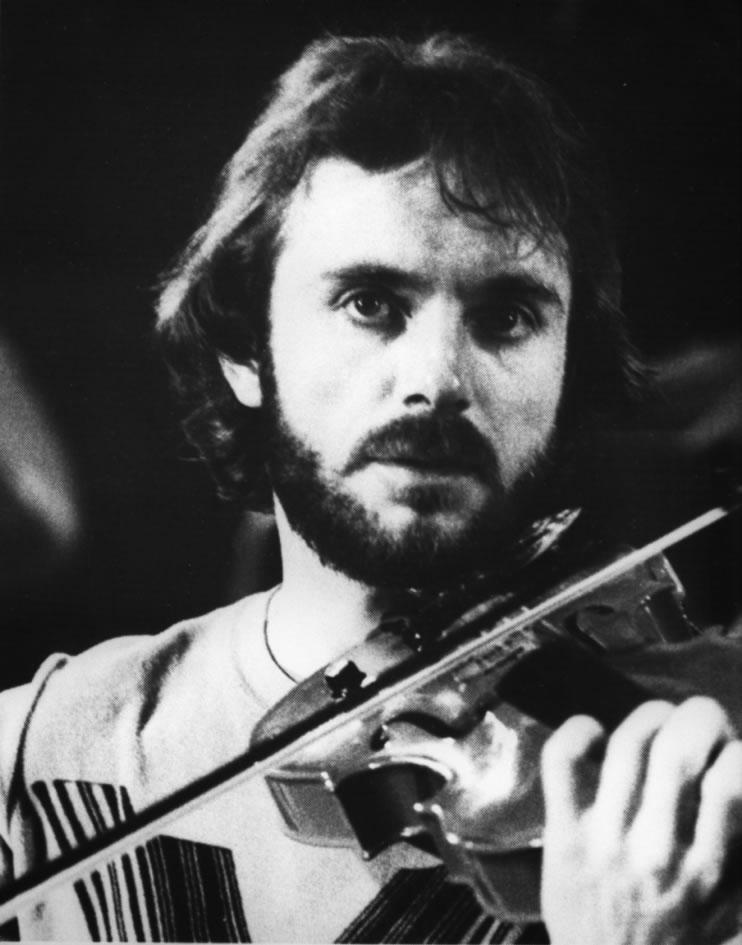

Jean-Luc Ponty (FR)
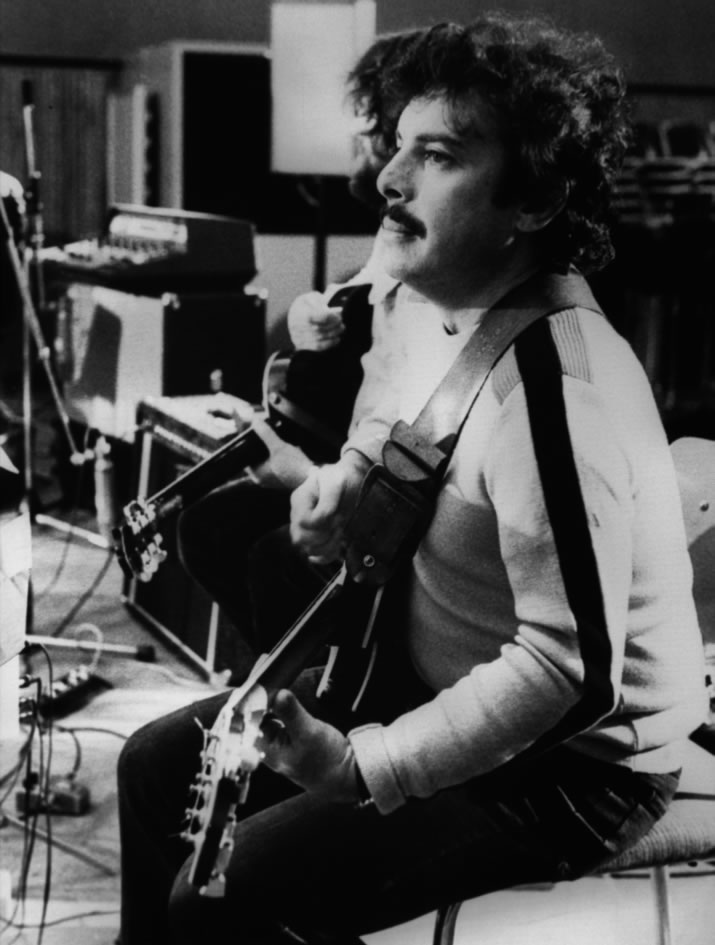

Christian Escoudé (FR)
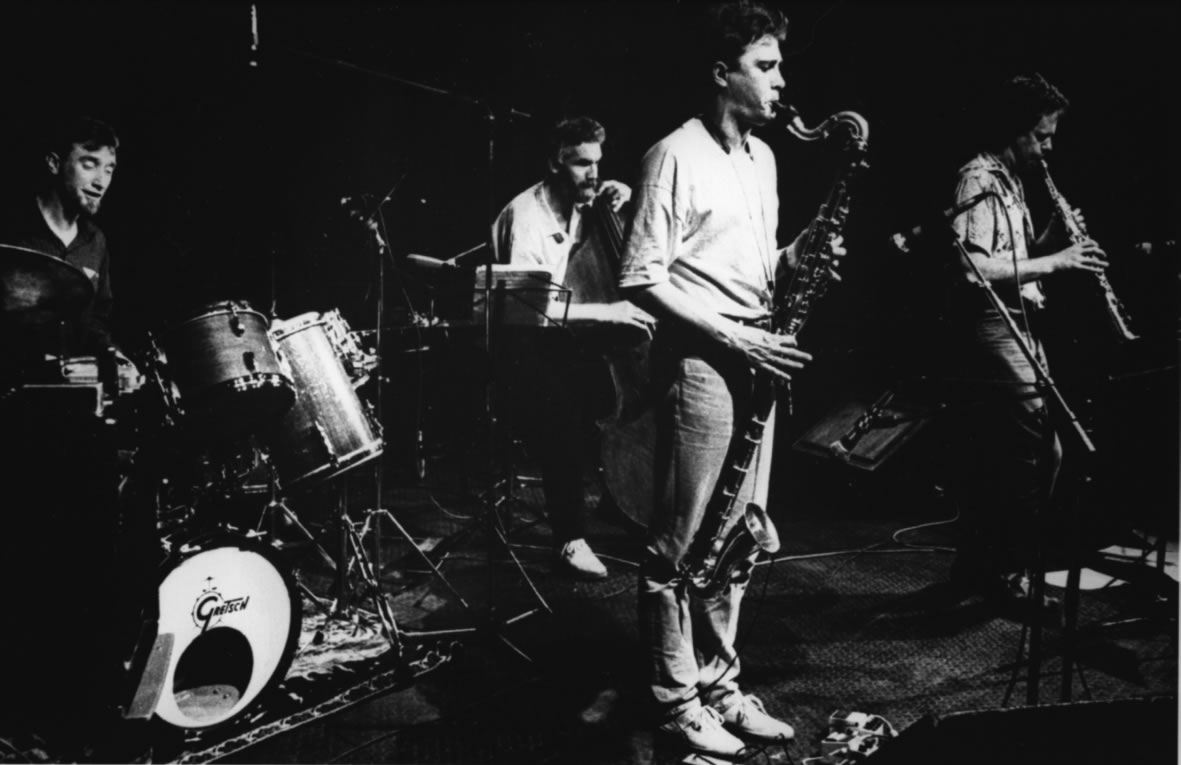

Workshop de Lyon (FR)
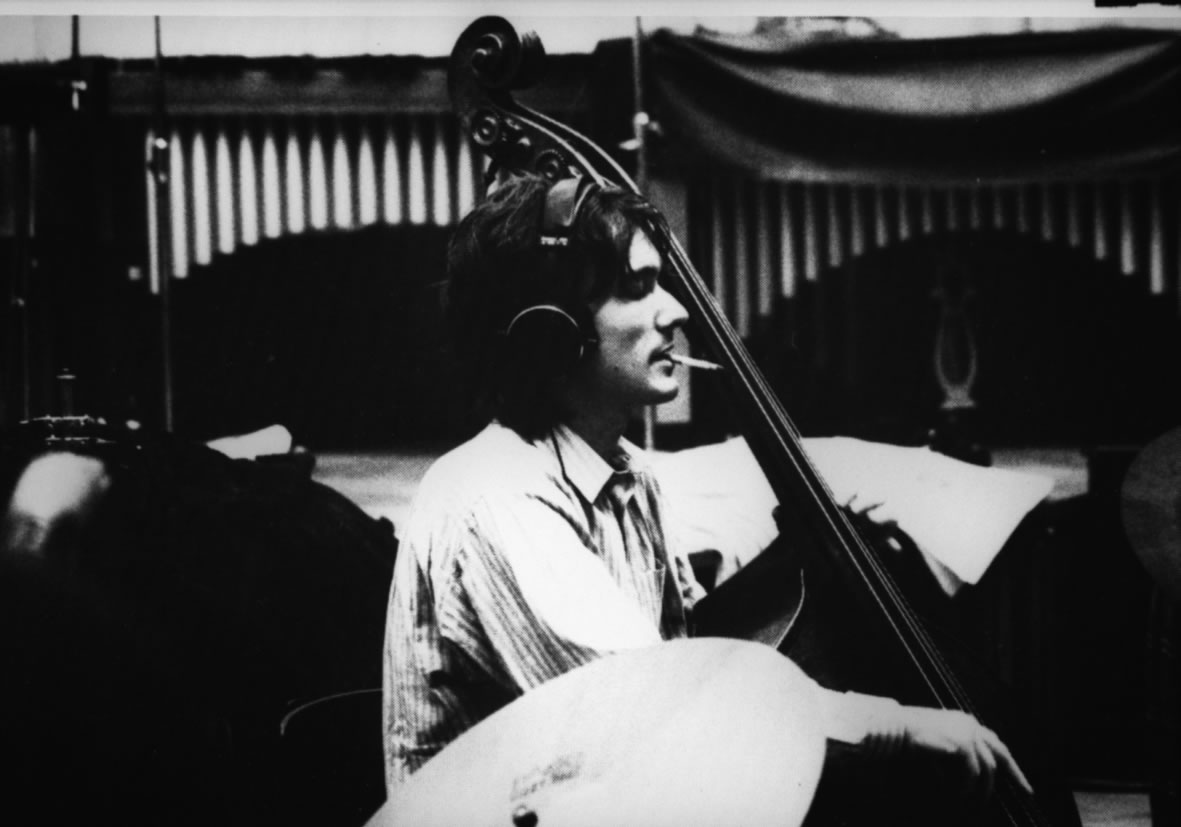

J. F. Jenny-Clarke (FR)
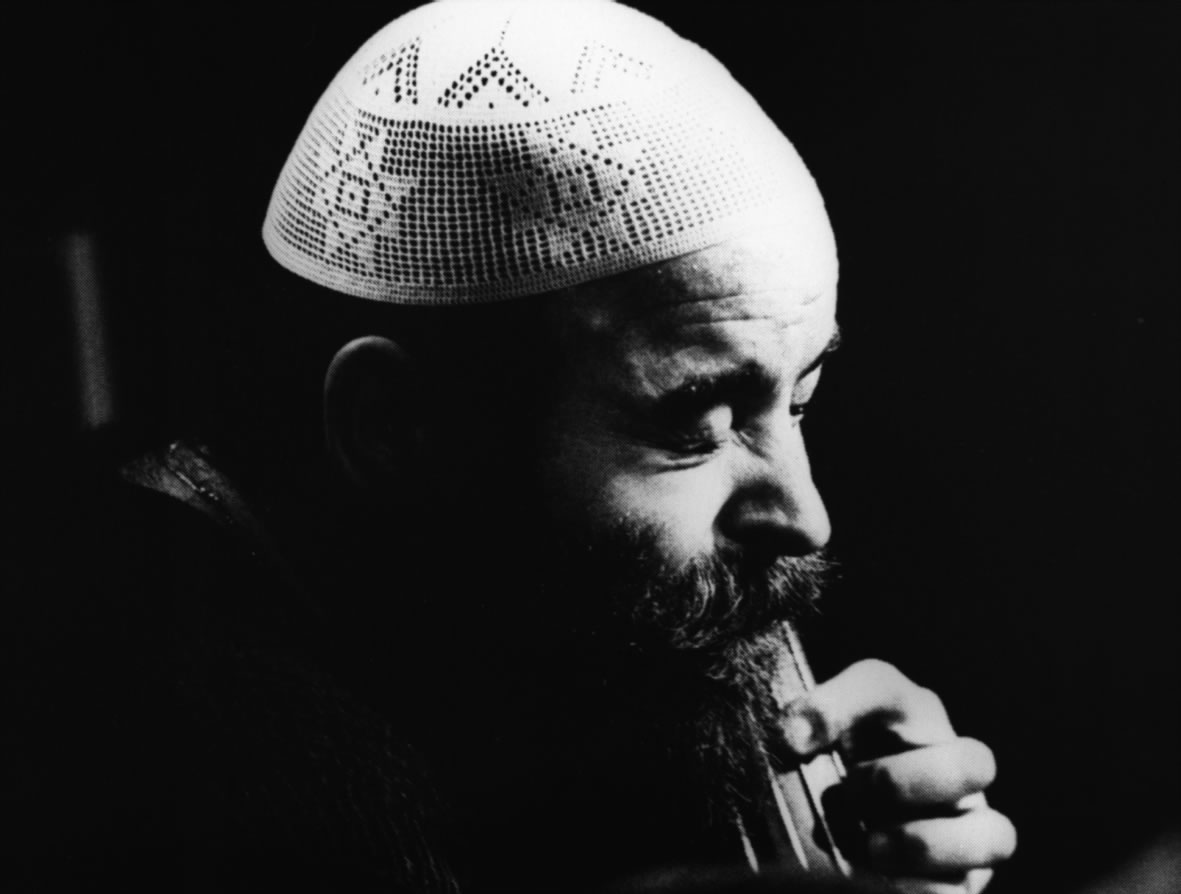

Henry Texier (FR)
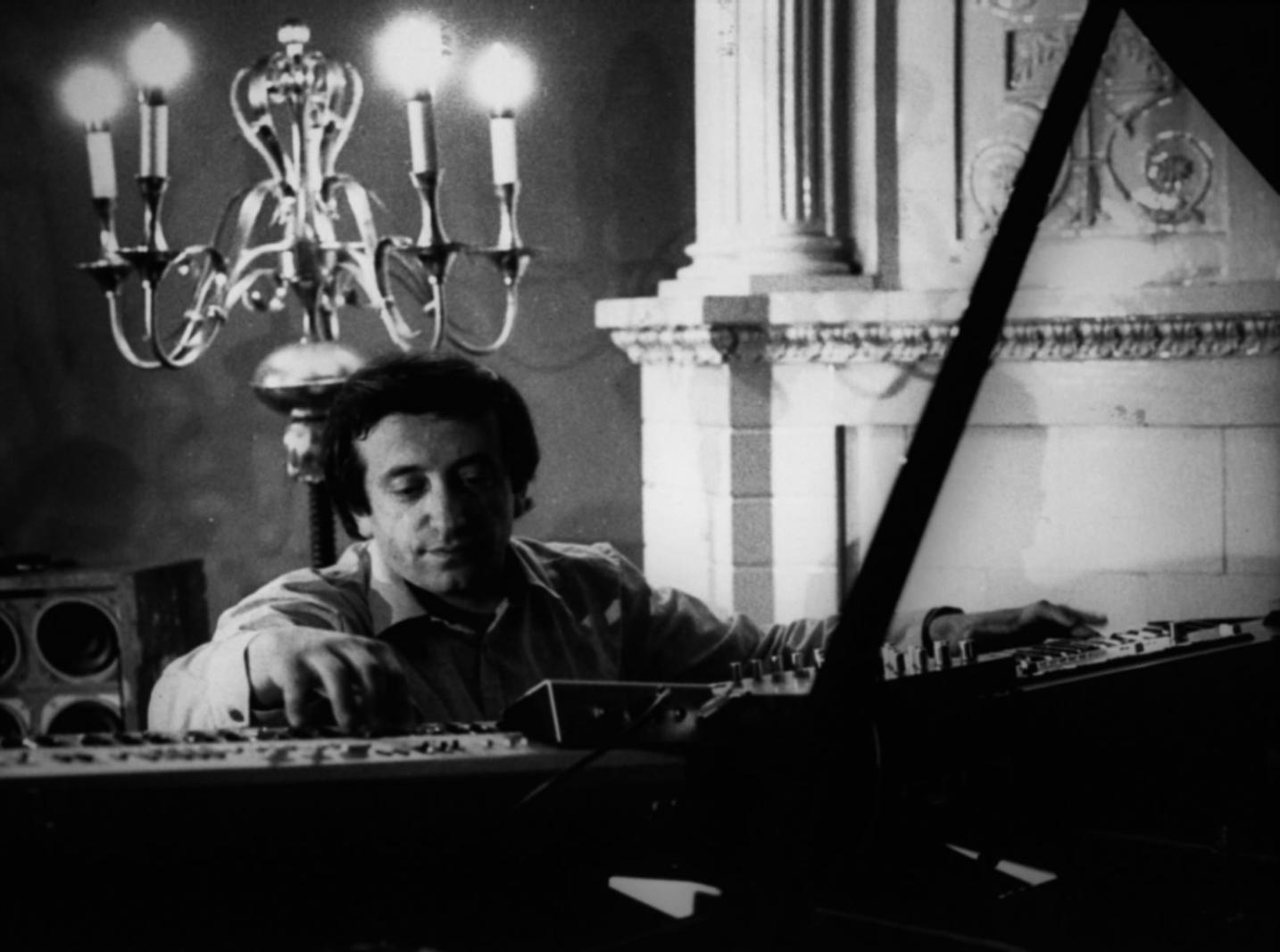

Vyacheslav Ganelin (USSR)
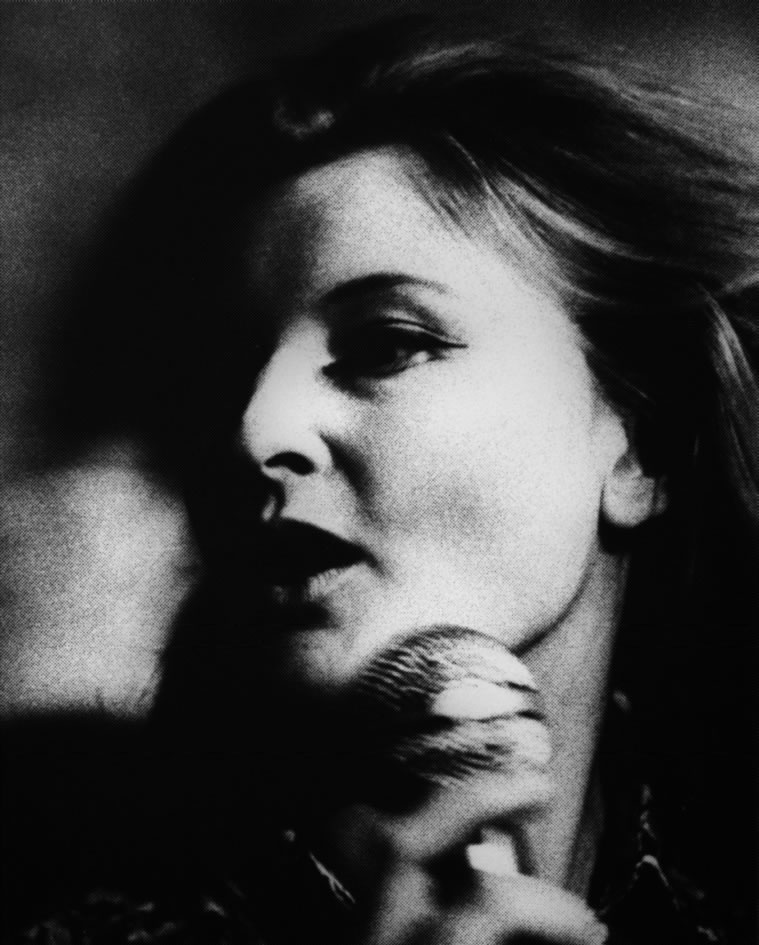

Karin Krog (N)
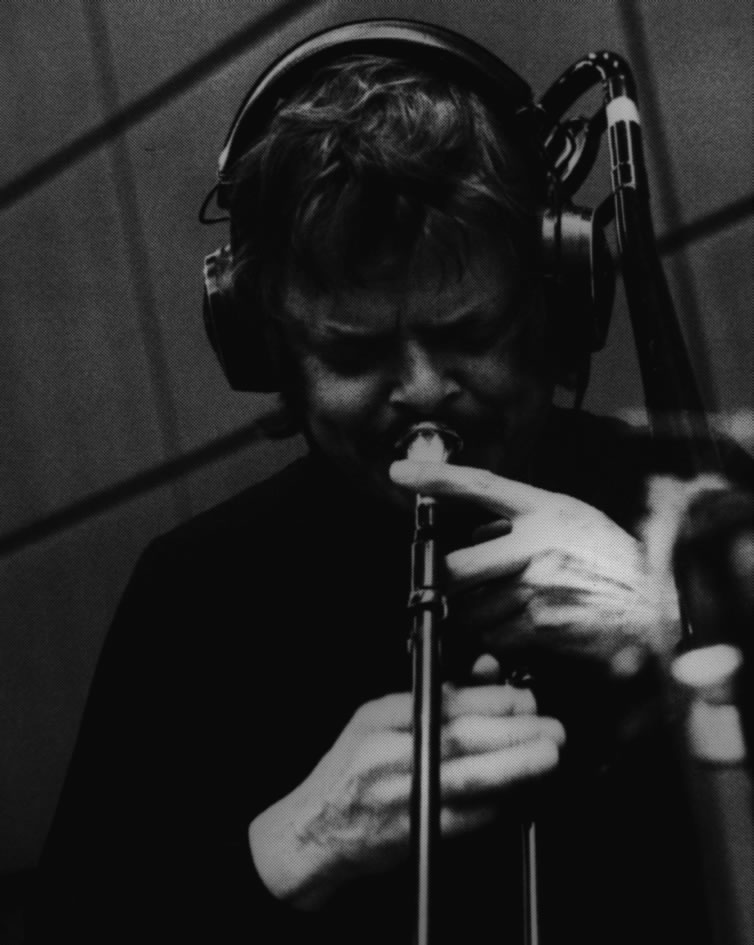

Eje Thelin (S)
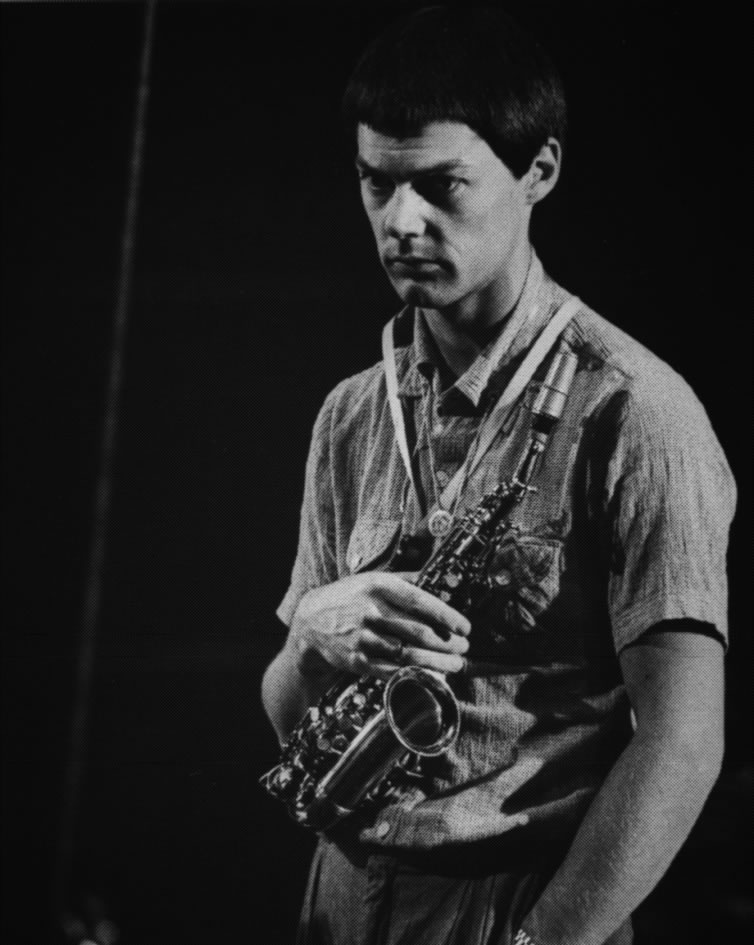

Jan Gabarek (N)
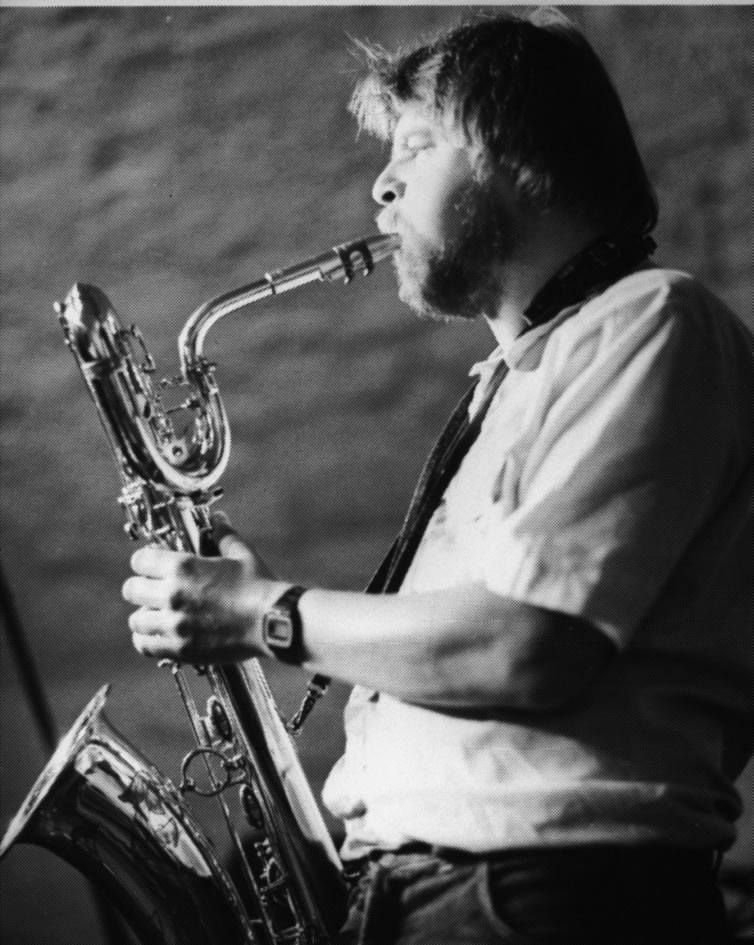

John Surman (GB)
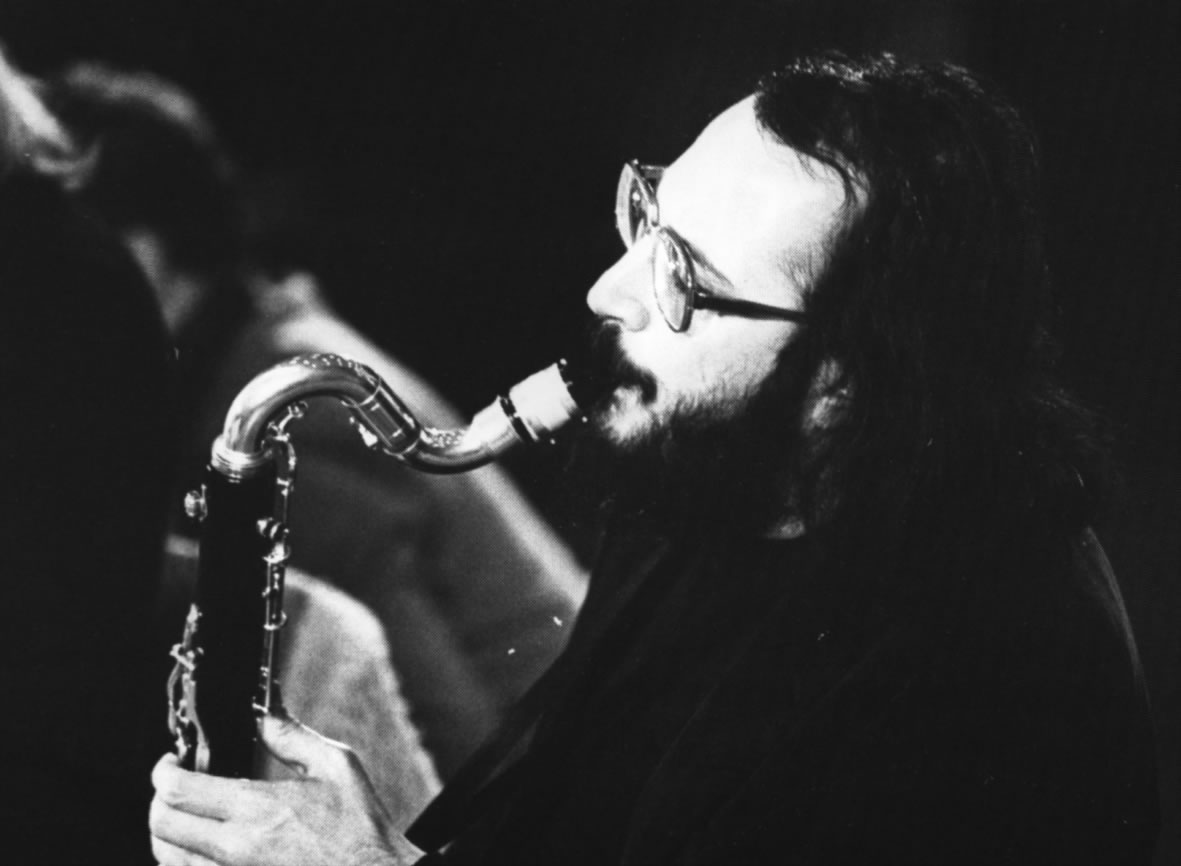

Gianluigi Trovesi (I)
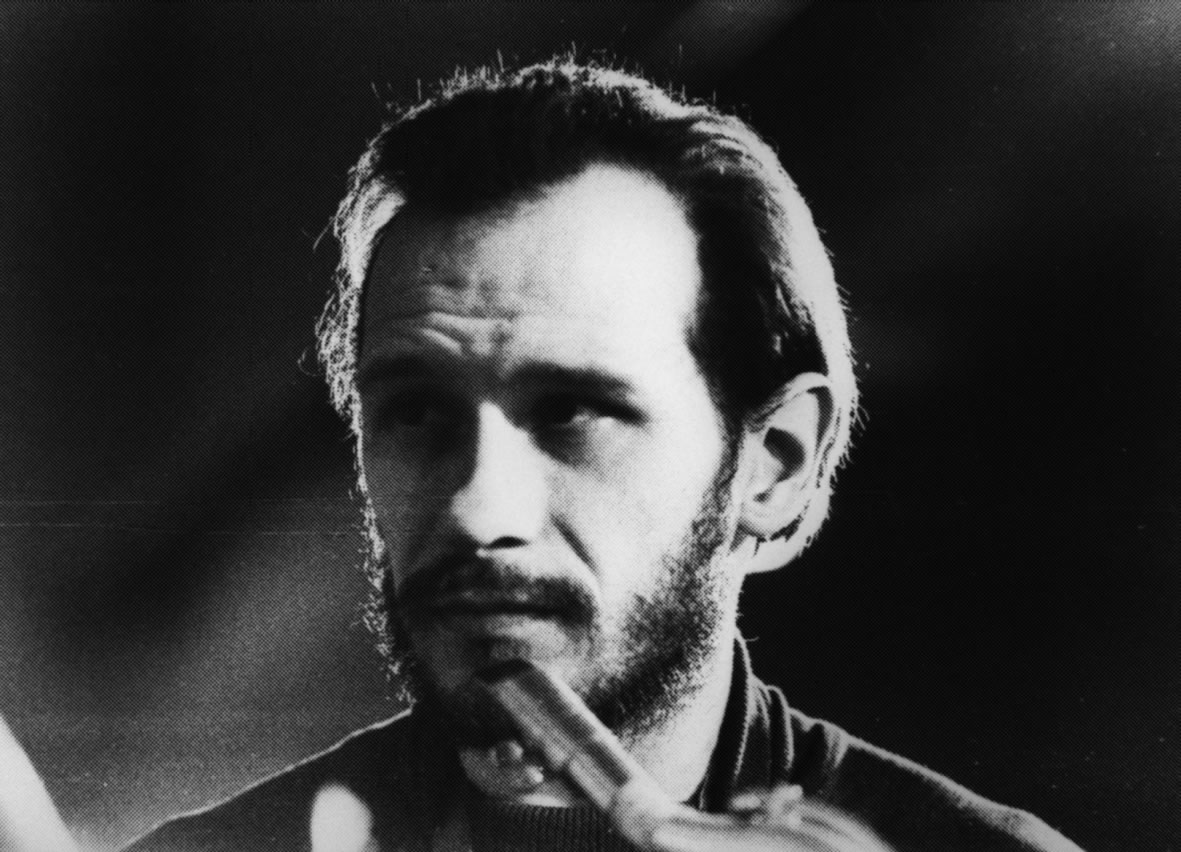

Vladimir Chekasin (USSR)
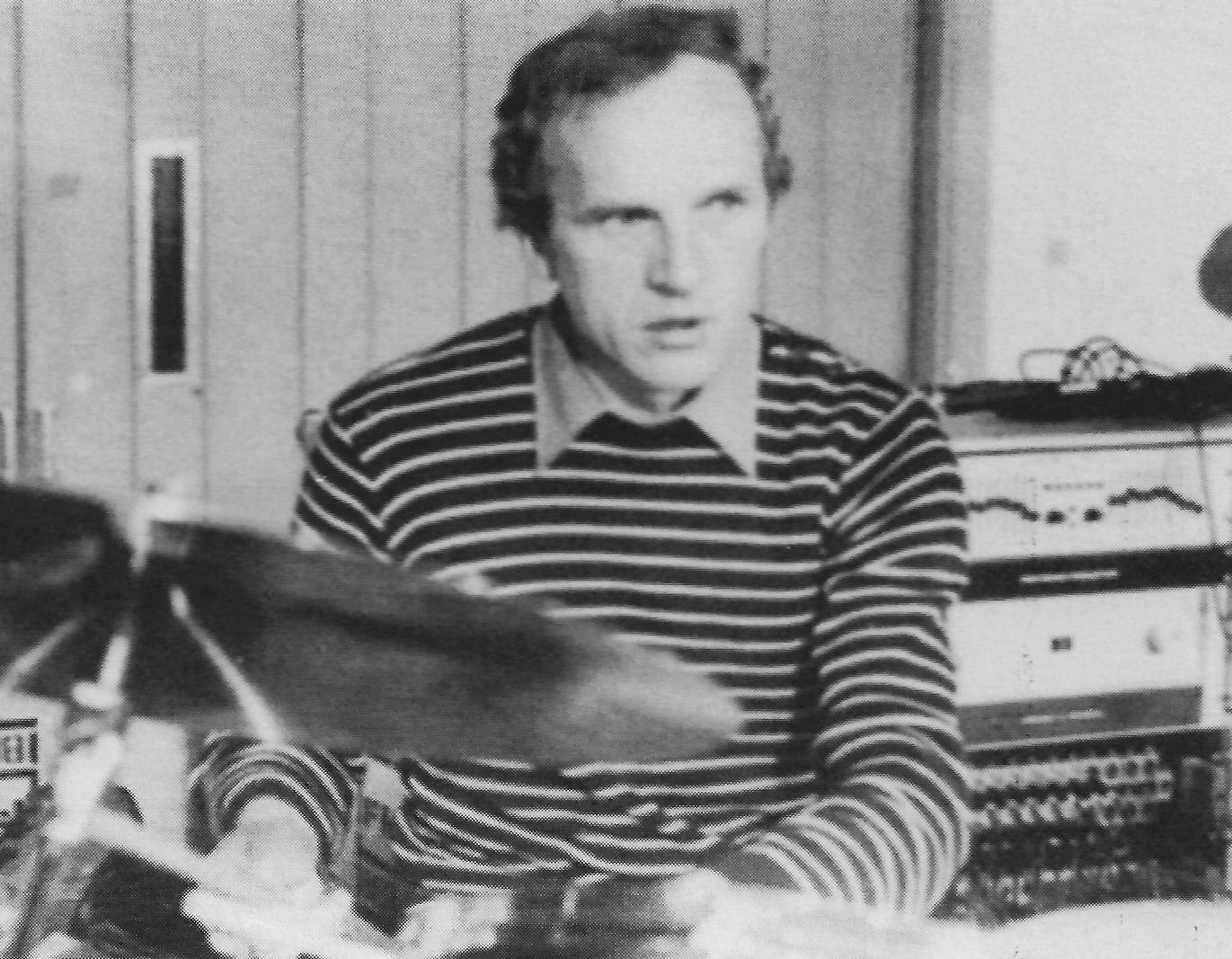

Vladimir Tarasov (USSR)
